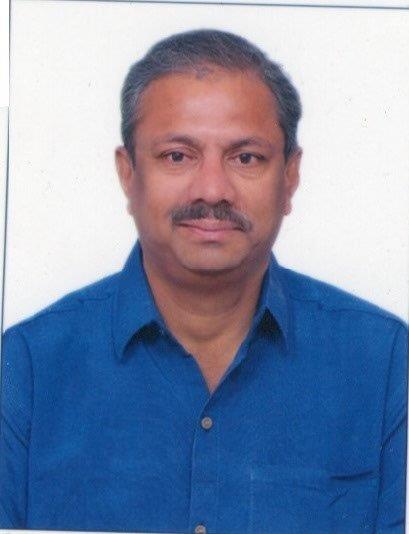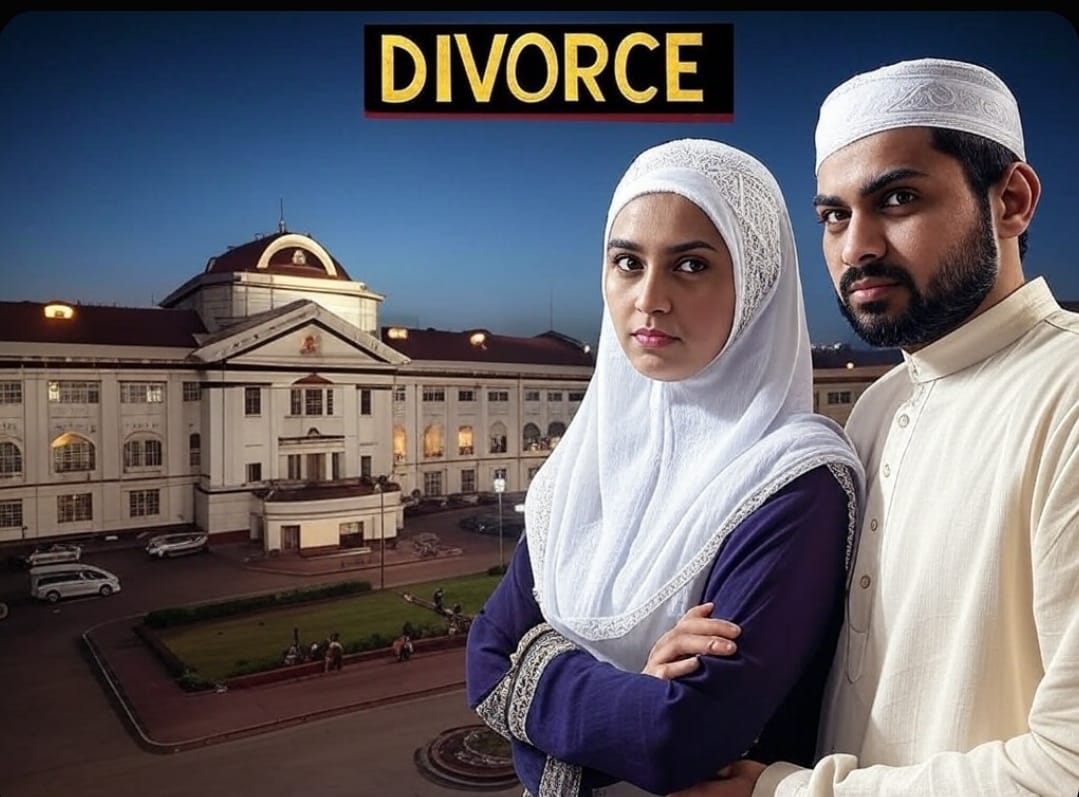The Patna High Court corroborated that a Muslim wife is eligible to receive maintenance during and after marriage under Section 125 CrPC. Even following divorce, she has the right to claim maintenance if the husband has not made adequate financial arrangements after the iddat period.
The Landmark Judgment
In a landmark judgment, the Patna High Court has confirmed that a Muslim woman is eligible to claim maintenance from her husband both for the duration of the continuation of their marriage and subsequent to divorce. This judgment highlights the principle that the financial responsibility of a husband towards his wife is not restricted just to the length of the marriage but extends beyond to ensure her financial protection and dignity.
The Background of the Case
Justice Jitendra Kumar said that in spite of the Act of 1986, a Muslim wife is eligible to receive maintenance amount from her husband throughout the existence of her marriage under Section 125 Cr.PC, if she is not in a position to sustain herself.
Even following divorce, she is allowed to receive maintenance from the former husband under Section 125 Cr.PC if she is not in a position to maintain herself even after payment for her upkeep during the iddat period or payment of Dainmehar, in case the former husband has not made the arrangement for her maintenance during the iddat period or the maintenance provided during the iddat period is inadequate to maintain herself at the time of filing the application under Section 125 Cr.PC
The Details
In this instance, the woman (Petitioner No.1) and her husband got married in 2007 as per Islamic customs. Following marriage, she stayed with him in his house and the couple had a daughter. The woman stated her husband began to demand extra dowry of Rs. 2,00,000/-. When her family could not meet his demand, he began to treat her cruelly and threw her out of the house. Then, she filed a criminal case against her husband under Section 498A of the Indian Penal Code (IPC), 1860.
The woman also stated in the court that her husband owns a boutique in Mumbai and his income stands at around Rs. 30,000/- every month. He also earns money from agricultural land. Hence, she requested the court to order him to provide her Rs. 2,000/- per month as maintenance. The court also held that since the wife and daughter were not receiving any amount and had been enduring difficulties from the time the case was filed, the maintenance must be provided from the date of filing, and not from the date of the order, which is allowed by Section 125(2) of CrPC.
The case revolved around the interpretation of a husband’s duty to provide for his wife under Islamic law and the statutory provisions of India. The court interpreted that the responsibility of a Muslim husband encompasses making a “reasonable and fair provision” for his divorced wife, which covers maintenance that extends beyond the iddat period—the specified waiting period following divorce. The judgment stressed that this provision must be made during the iddat period but is expected to help support the wife well beyond that period.
This ruling is in tune with the Supreme Court’s viewpoint in the landmark Shah Bano case of 1985, where it was opined that Section 125 of the Code of Criminal Procedure (CrPC), a secular provision, can be applied to all married women regardless of religion. The Supreme Court maintained that maintenance is not an act of kindness but a fundamental right of married women, which strengthens the principle of gender equality and financial security.
In July 2024, the Supreme Court affirmed that divorced Muslim women are eligible to seek maintenance under Section 125 CrPC. The bench, consisting of Justices B.V. Nagarathna and Augustine George Masih, set aside the notion that the Muslim Women (Protection of Rights on Divorce) Act, 1986, prohibits Muslim women from claiming maintenance under the CrPC. The court stressed that the 1986 Act does not override the secular provisions of Section 125, which provides Muslim women the choice to request maintenance under either law.
The Ramifications of the Judgment
Ultimately, the Patna High Court ordered the husband to pay a sum of Rs. 4,000 every month to the wife and daughter for their maintenance. The order of the judge aims at ensuring that the wife and child get financially supported.
This decision is important as it strengthens the constitutional pledge to gender equality and the protection of women’s rights, regardless of religious affiliations. It admits the economic and emotional difficulties that women may encounter subsequent to divorce and ensures that they are not left impoverished. By confirming that maintenance responsibilities extend beyond the iddat period, the court has taken an advanced step towards protecting the financial freedom and dignity of Muslim women.
Legal experts have praised the judgment for its forward-looking approach and its agreement with the principles of justice and equality incorporated in the Indian Constitution. They highlight that such rulings are critical in closing the gap between personal laws and the universal principles of human rights, which ensure that all citizens, irrespective of their religious backdrop, are treated fairly under the law.
Conclusion
The judgment of the Patna High Court serves to reiterate the judiciary’s part in maintaining the rights of women and ensuring their security from economic deprivation subsequent to divorce. It sets a precedent for future cases, highlighting that maintenance is a right that goes beyond religious boundaries and is integral to the quest for gender justice in the country.

Ananda Murthy JS is an English teacher in Hyderabad. His teaching experience spans more than 30 years, which includes his stint as an IGCSE teacher in the Maldives, lecturer in English for Intermediate students, writer and editor/language specialist, and IELTS, GRE and TOEFL trainer. He also provides English coaching to students appearing for CAT, IELTS, GRE and TOEFL privately in Hyderabad. Ananda has proficiency in editing SWOT analyses, market forecast and other reports, conducting Effective English sessions, and imparting training in Business English. He also write business blogs, key word dense articles and original articles on various topics.

